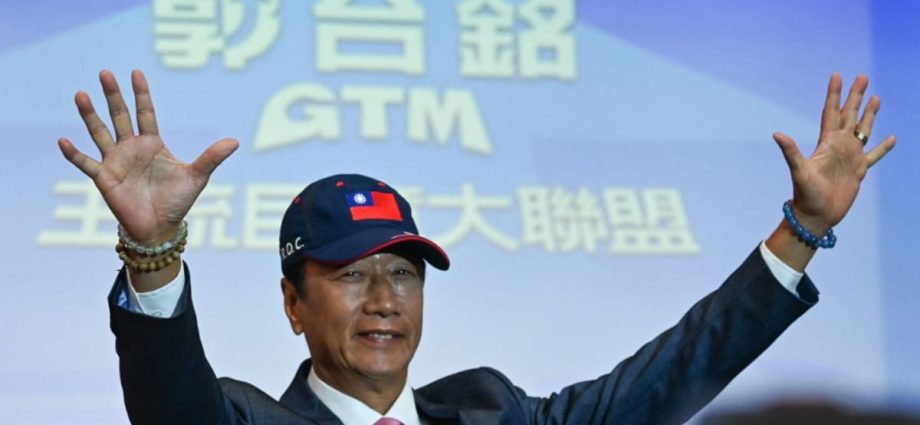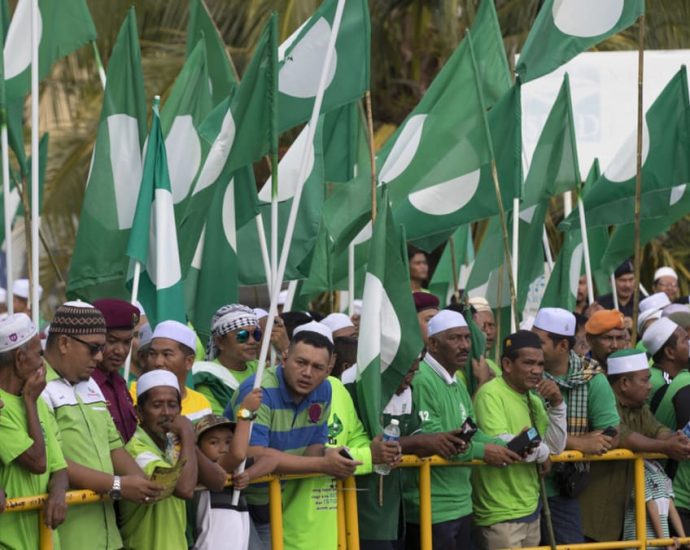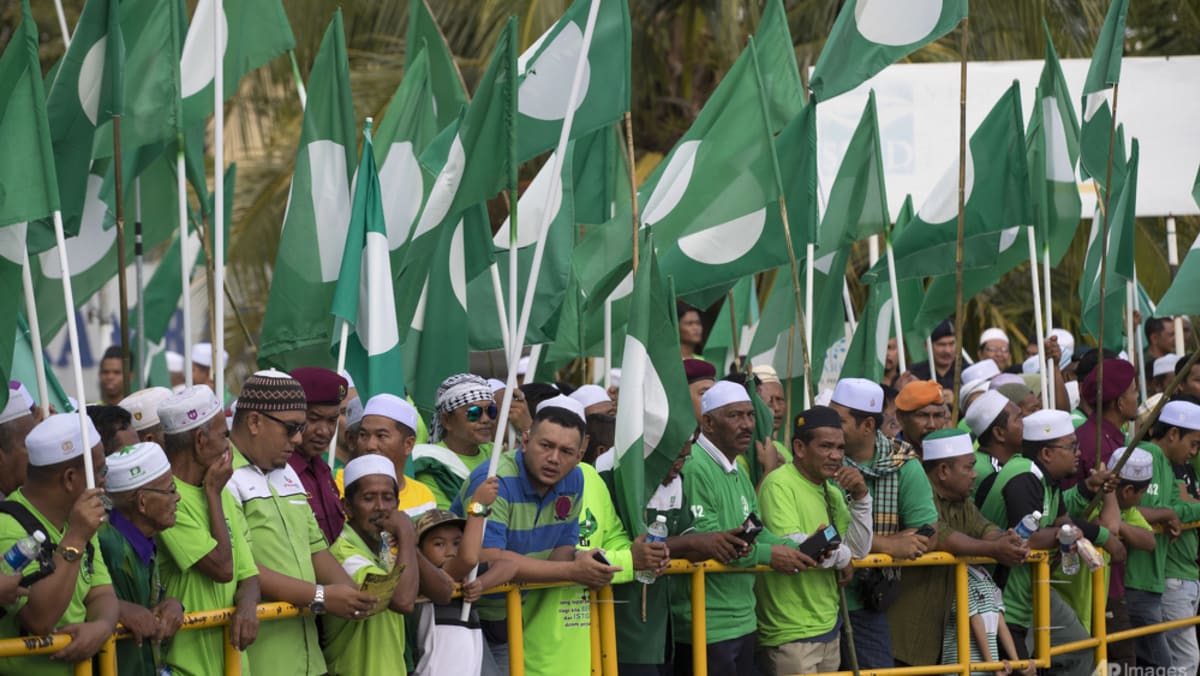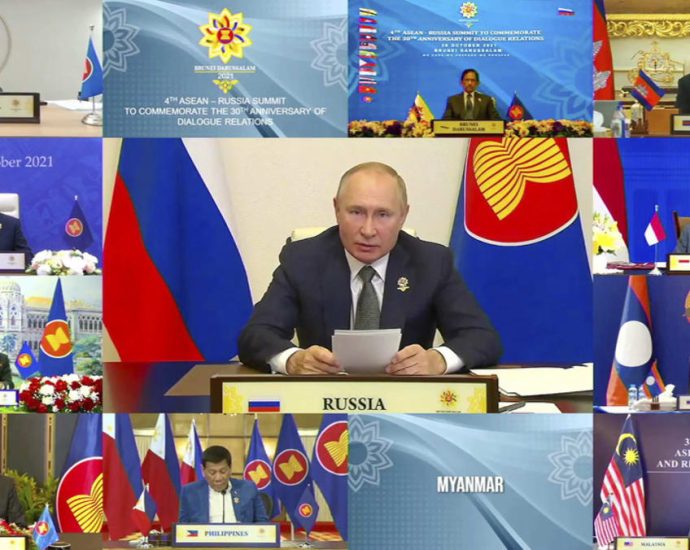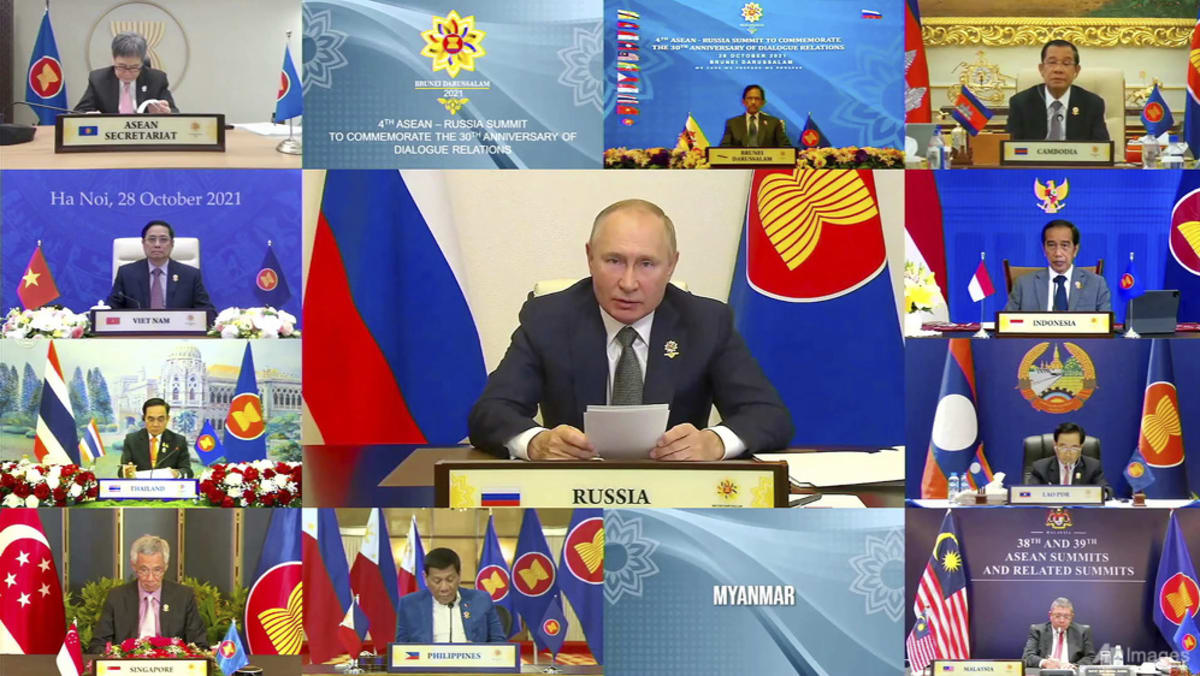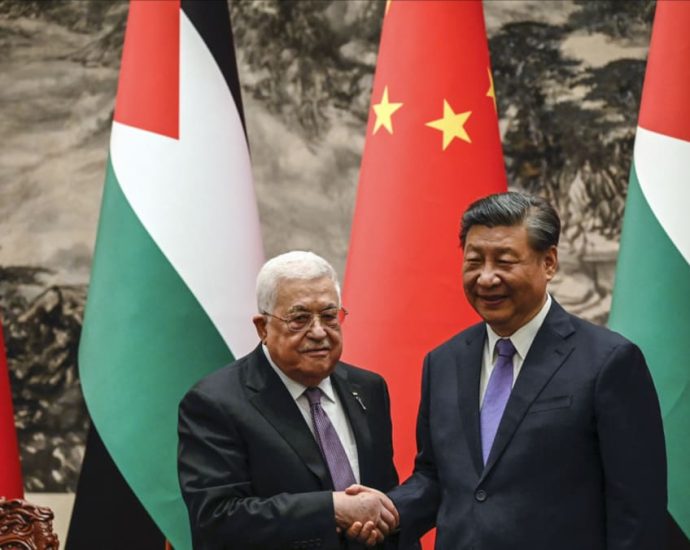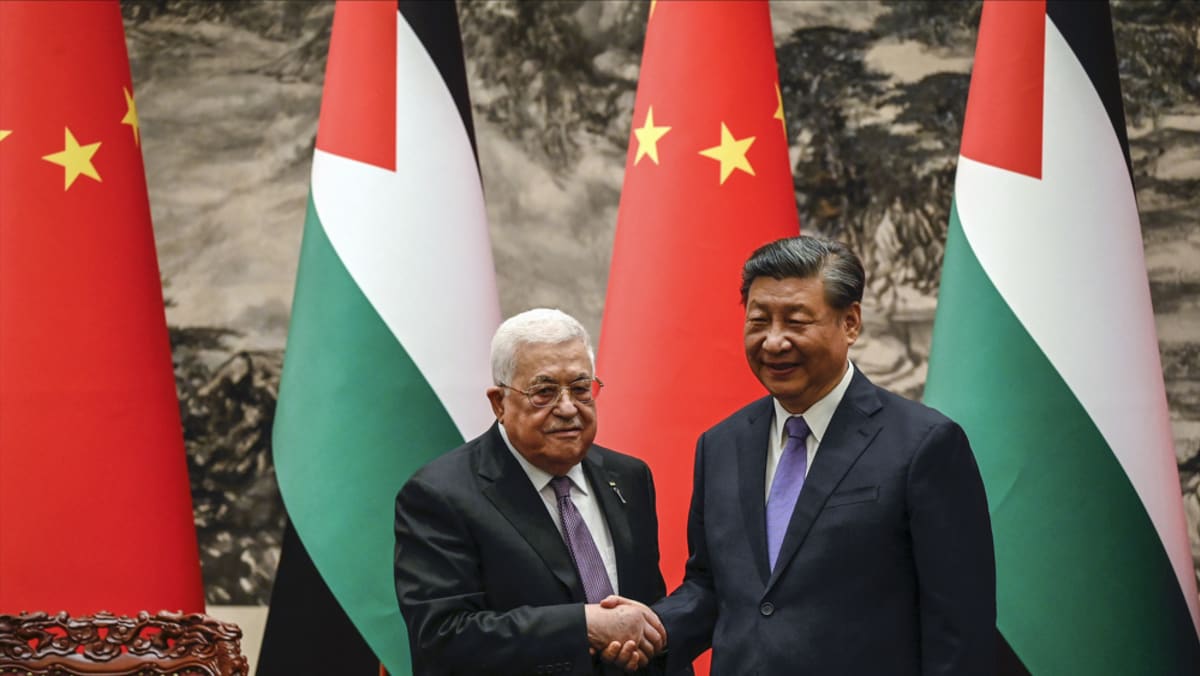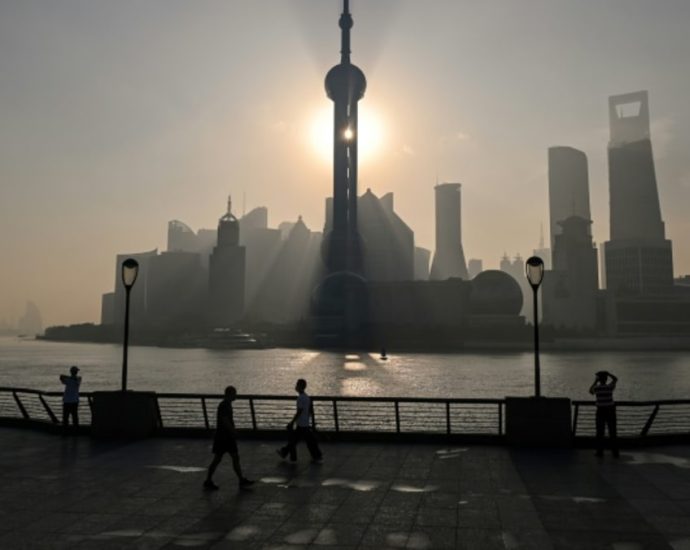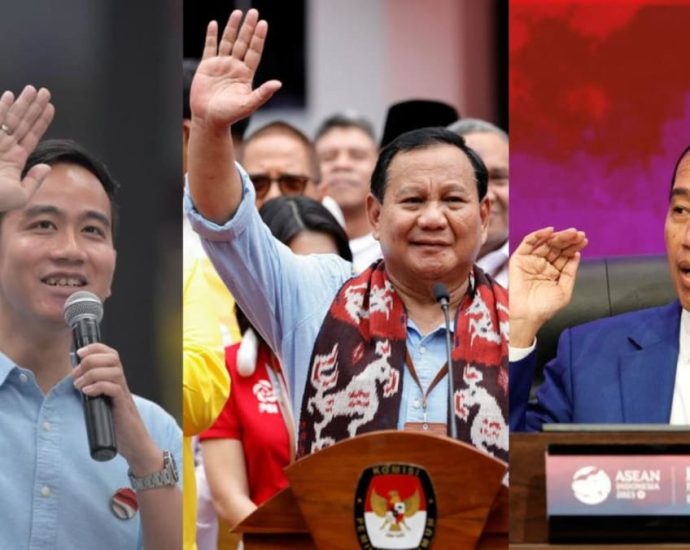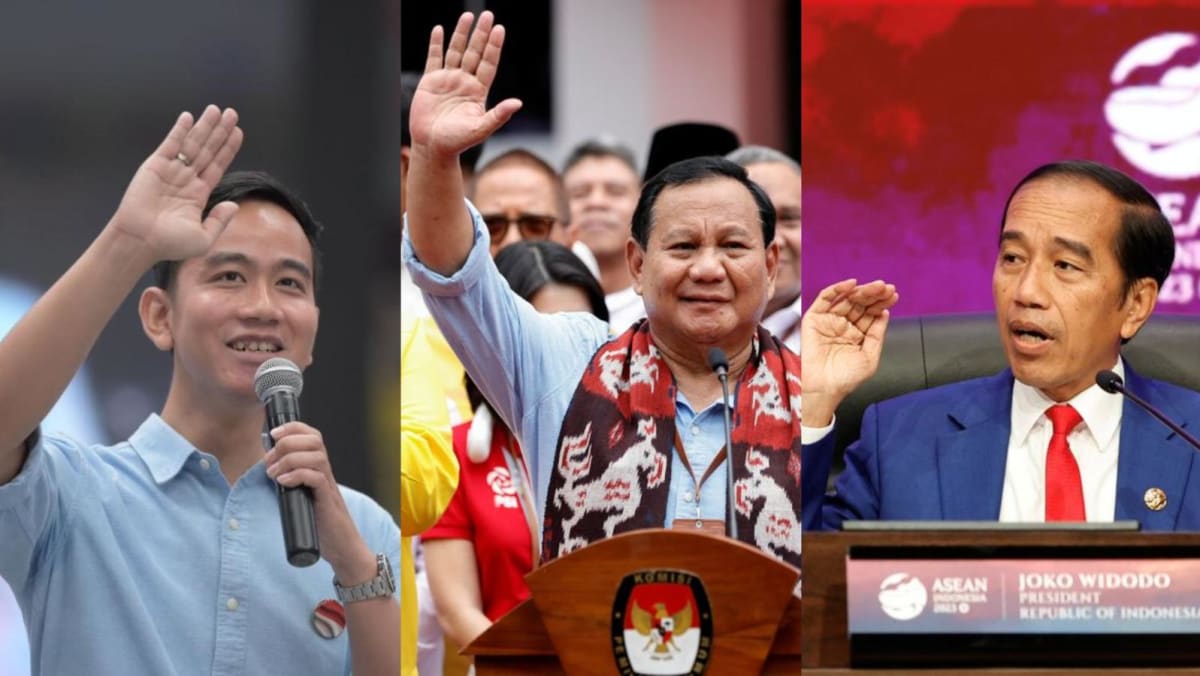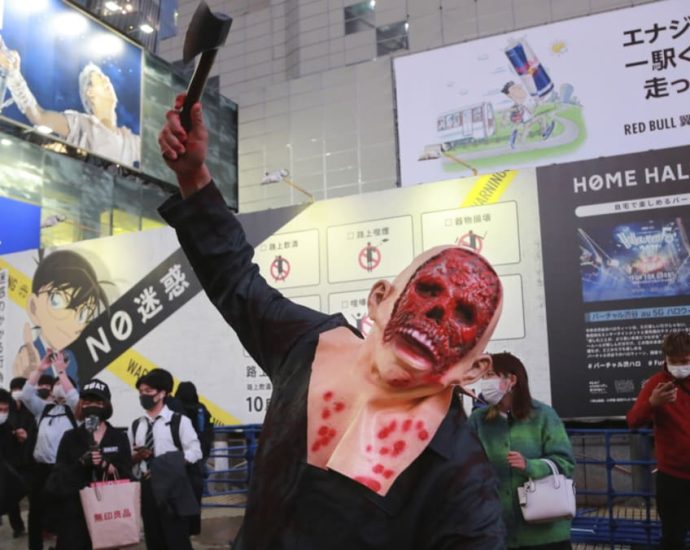Commentary: Foxconn founder Terry Gouâs presidential candidacy may shift Taiwanâs political landscape
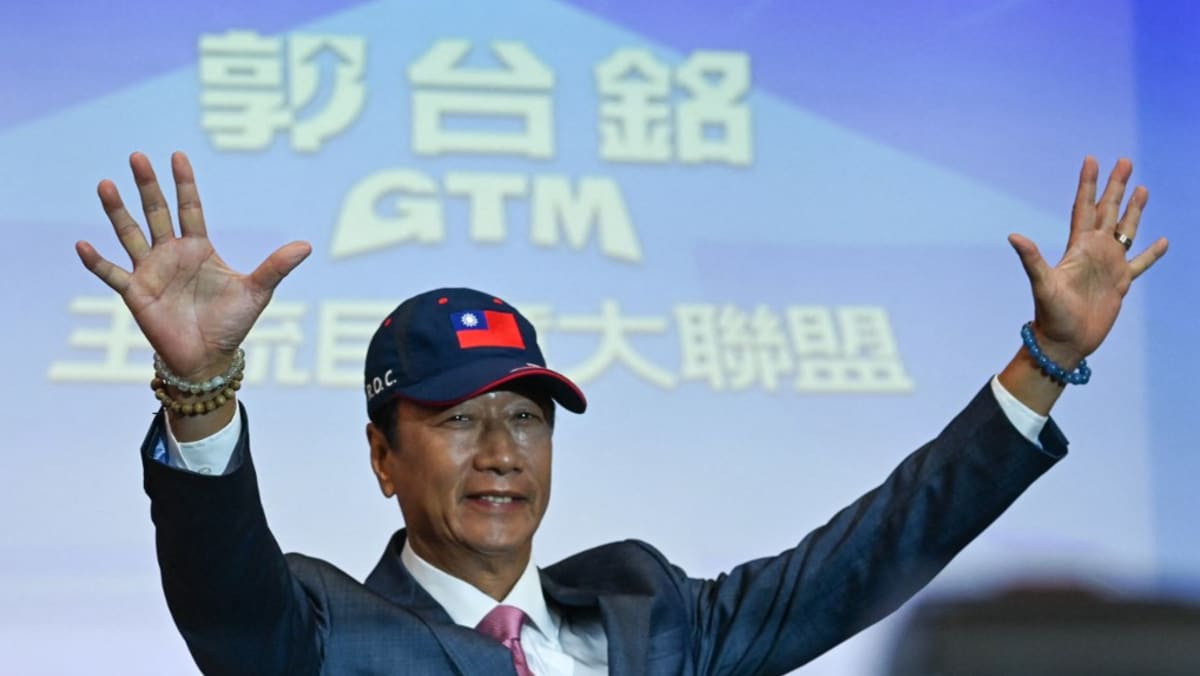
THE FUTURE OF CROSS-STRAIT RELATIONS
For a sizeable segment of the Taiwanese electorate, the 2024 election significantly influences the nation’s future stance on cross-strait relations. While the election holds personal significance for Gou, his initial endorsement of the Kuomintang candidate, followed by his independent bid, accentuates the volatile nature of political allegiances and underscores the elevated significance of this presidential contest.
Despite the limited prospect of a Gou-led presidency, the potential significance of his political influence cannot be brushed aside. Securing substantial support before the election might not get him the presidency but could position him as a kingmaker. Such a position might prove instrumental in resolving any deadlock within the opposition, ensuring that Gou’s candidate clinches the presidency.
Gou’s recent campaign efforts display a shrewdness in communication strategies. It involves a play on the phonetic qualities of his Chinese name, implying the English expression of “good timing”. This manoeuvre subtly invites support, suggesting that now is the opportune moment to rally to his cause.
If this envisioned change in governance remains unfulfilled, questions arise about whether Gou’s strategic moves serve the greater good of Taiwan. Given the current state of Taiwan’s political climate, this may be the only time Gou can establish a favourable political position.
Should he drop out of the race and join the opposition party, Gou may secure a place in the new government and a strong position to pursue future political ambitions.
Aligning with opposition parties could lead to a broad coalition achieving victory in January 2024, potentially enabling a peaceful transition into a new Taiwanese administration focused on improving cross-strait relations. Amid heightened tensions with China, reopening proper dialogue channels will contribute to securing a safer climate for continued de facto Taiwanese sovereignty.
Big elections are often won on small margins. Even if Gou only commands 5 per cent to 10 per cent of the vote, this could push a coalition partner to victory. It will all come down to whether Gou can settle for being the kingmaker, or if he truly believes he can become the king.
Dennis LC Weng is Associate Professor of Political Science at Sam Houston State University and Founding Chief Executive Officer of the Asia Pacific Peace Research Institute. Jared Jeter is a master’s student at National Chengchi University and Research Associate at the Asia Pacific Peace Research Institute. This commentary first appeared on East Asia Forum.

